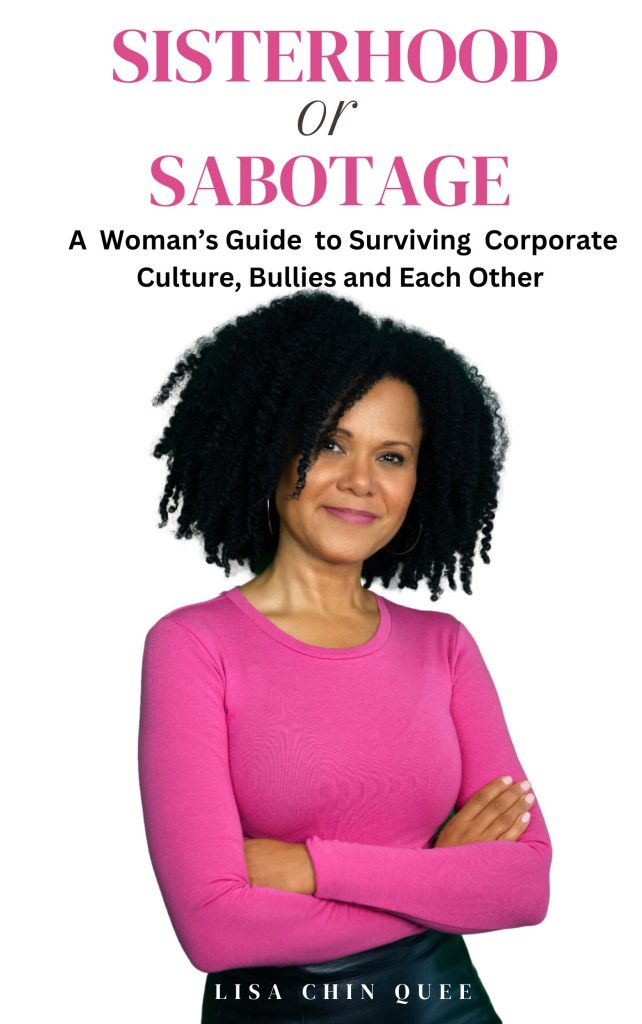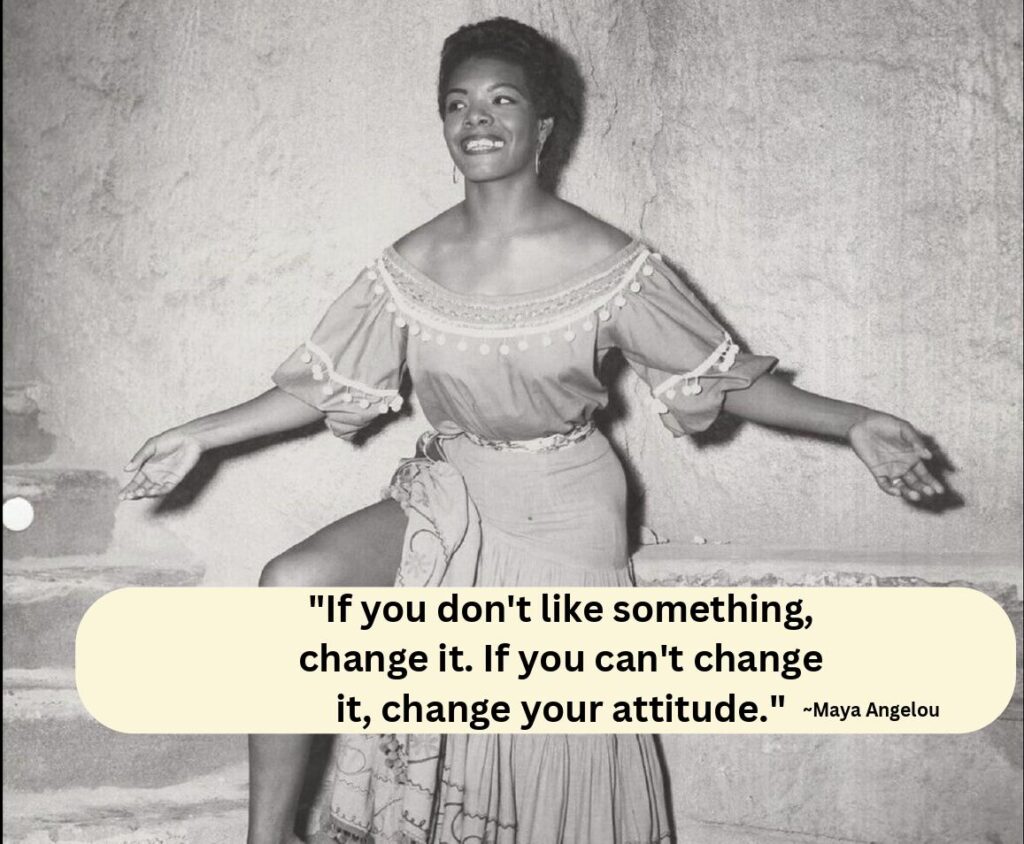Grey’s Anatomy got this one right: a penis can actually be fractured. No. There is not an actual bone inside that boner, but the spongy tissue that fills with blood to harden the penis during erection and the more dense tissue surrounding these chambers (tunica albuginea) can become ruptured.
It is suffice to say that you’ll know if a penis is broken, but symptoms may include a loud snap, crackle and/or pop, bruising, loss of erection, intense pain and a bend or bump in the penis. Penile fracture can occur through blunt force or bending of an erect penis. Practically speaking, this could result from forceful impact against a harder object like a partner’s pelvic bone or perineum (the space between the anus and the penis/vulva).
According to the literature, partnered sexual activity only accounts for about one-third of all reported cases, but this is an injury that is likely underreported. Other causes include vigorous adjusting of the penis, trying to force down an erection, hasty removal/donning of clothing or a direct blow to the groin. The penis must be erect in order to break.
I do not offer medical advice, but penile fracture is considered a medical emergency and many doctors will recommend immediate surgical repair. Anecdotal evidence suggests that some people recover fully with a cold compress and other non-operative therapy, but this can result in physical and sexual complications. If you think you’ve broken a penis, seek immediate medical attention at your local emergency room and discuss your options with both your doctor and your penis.
The good news is that penile fracture is highly uncommon. Singles, couples and groups across the globe have lots of fun sex with penises without injury everyday. So keep enjoying safer, pleasurable sex and if your sexual activity includes penises, continue to stroke, squeeze, suck, pull, tickle, caress, thrust and play. Gymnastic-inspired sexual activity can be safe and exciting — just take precautions not to bend his boner.
 Dr. Jessica O’Reilly is a board-certified sexologist committed to helping clients enjoy healthy, pleasurable sex lives. She has completed her PhD in human sexuality with a focus on training teachers to deliver effective sex education. She loves her work (obviously!) and splits her time between public speaking engagements, freelance writing, program development and consulting in the field of sexual health.Learn more at www.jessicaoreilly.com
Dr. Jessica O’Reilly is a board-certified sexologist committed to helping clients enjoy healthy, pleasurable sex lives. She has completed her PhD in human sexuality with a focus on training teachers to deliver effective sex education. She loves her work (obviously!) and splits her time between public speaking engagements, freelance writing, program development and consulting in the field of sexual health.Learn more at www.jessicaoreilly.com





